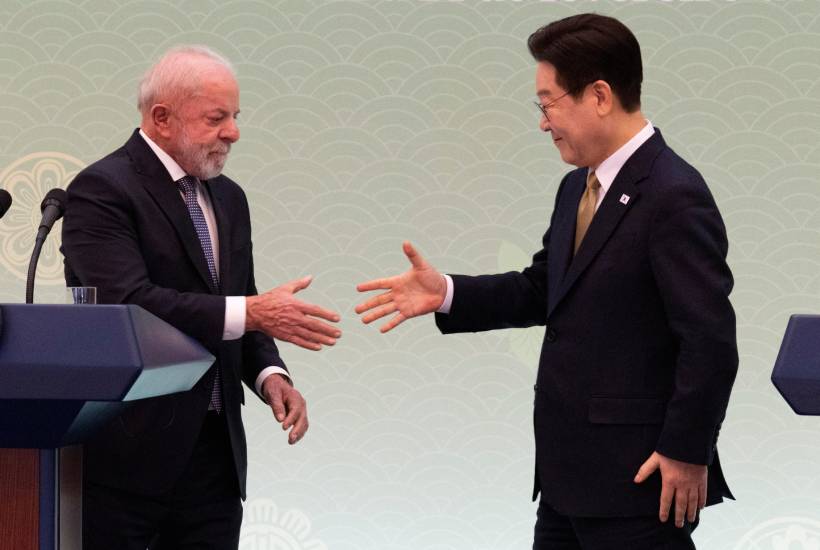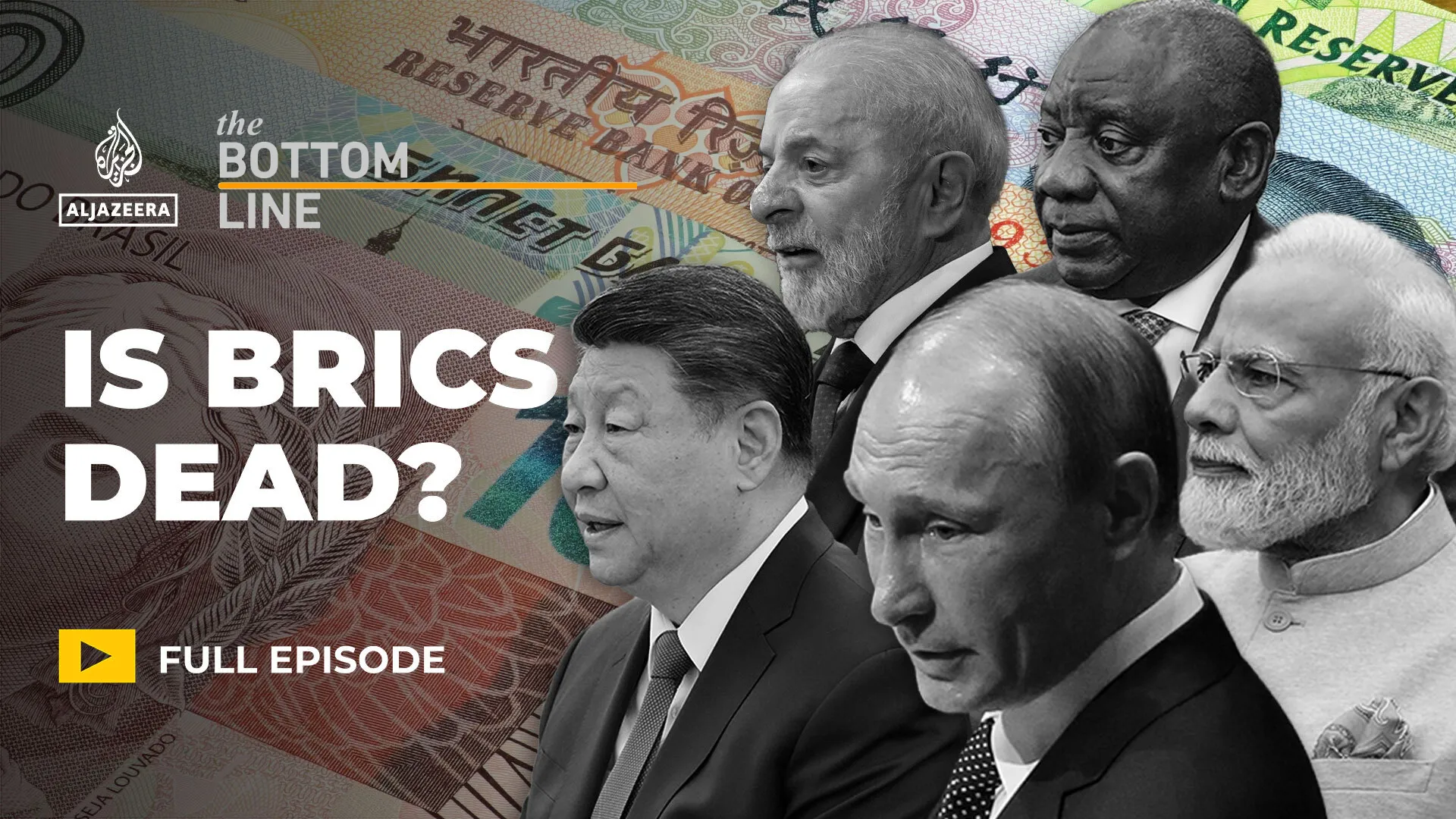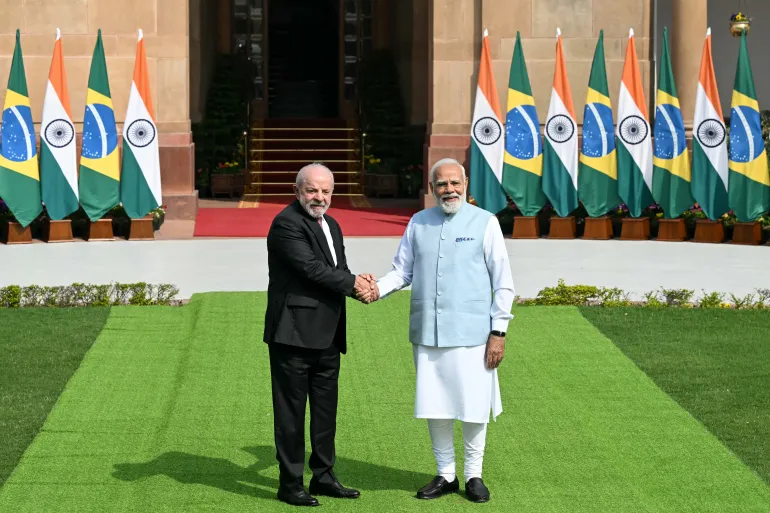At least 23 dead as heavy rains unleash floods in southeastern Brazil | Weather News
Search and rescue workers are looking for more than 40 people who remain missing as towns reel from torrential rainfall.
Published On 24 Feb 2026
Torrential rainfall has caused floods across the state of Minas Gerais in southeastern Brazil, killing at least 23 people.
Dozens of emergency workers, some with disaster-trained search dogs, combed through mounds of debris on Tuesday in the municipality of Juiz de Fora, which recorded at least 18 deaths.
Recommended Stories
list of 3 itemsend of list
They were on the lookout for the more than 40 people who have been missing since the rains began on Monday.
“We’ve been here since last night to see if they survive underground,” Livia Rosa, a 44-year-old seamstress, told the news service AFP.
She explained that several of her relatives were buried in the mud. “Hope is the last thing to die.”
Rainfall in the region is expected to continue for the coming days, complicating rescue efforts.
Images of the initial floods show mud and sludge clogging areas of Juiz de Fora, after a swollen river veered off course.
At least 440 people were displaced in the city, located about 310km (192 miles) north of Rio de Janeiro. At least seven deaths were also recorded in the nearby town of Uba.

The mayor of Juiz de Fora, Margarida Salomao, said that at least 20 landslides had been reported in the area, and some homes collapsed.
“Many people were inside their homes at night when it was raining,” Major Demetrius Goulart of the fire brigade told AFP. “We have hope. We found a boy this morning. He was inside a house, under the rubble. It took the team two hours of work.”
At least 108 officials from the Minas Gerais fire department have been deployed to Juiz de Fora, and 28 to Uba.
President Luiz Inacio Lula da Silva said the government would assist in any way it could and offered his support to those affected.
“Our focus is to ensure humanitarian assistance, the restoration of basic services, support for displaced people, and aid for reconstruction,” he wrote in a social media post.
Salomao said in a social media post that the province has experienced its wettest February on record.
“There were more than 180mm [of rain] in four hours, intense, destructive and persistent,” he said, calling it “the saddest day of my administration”.
“Here, we remain fully committed and prioritising saving lives.”











